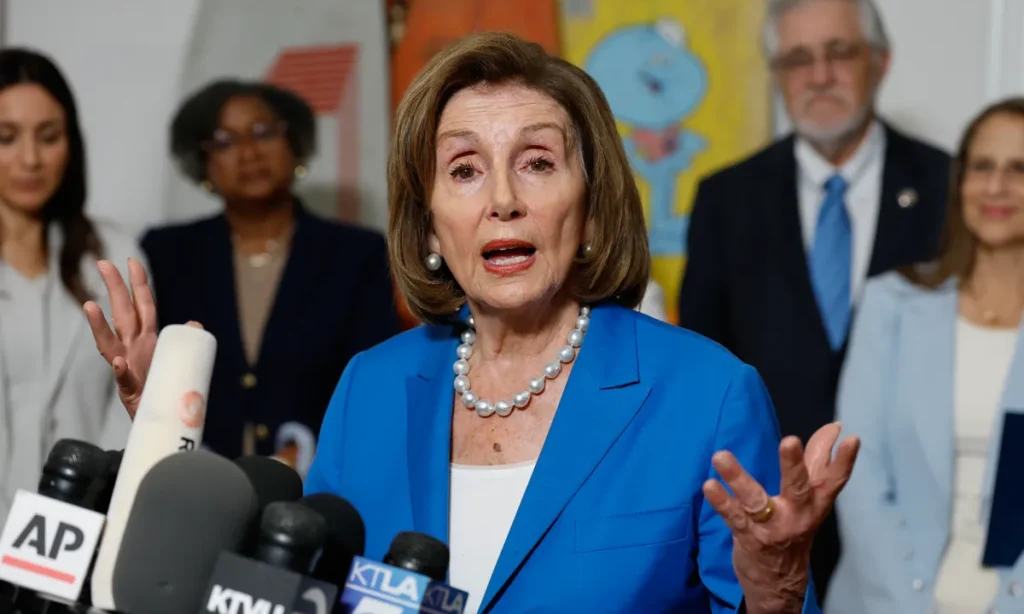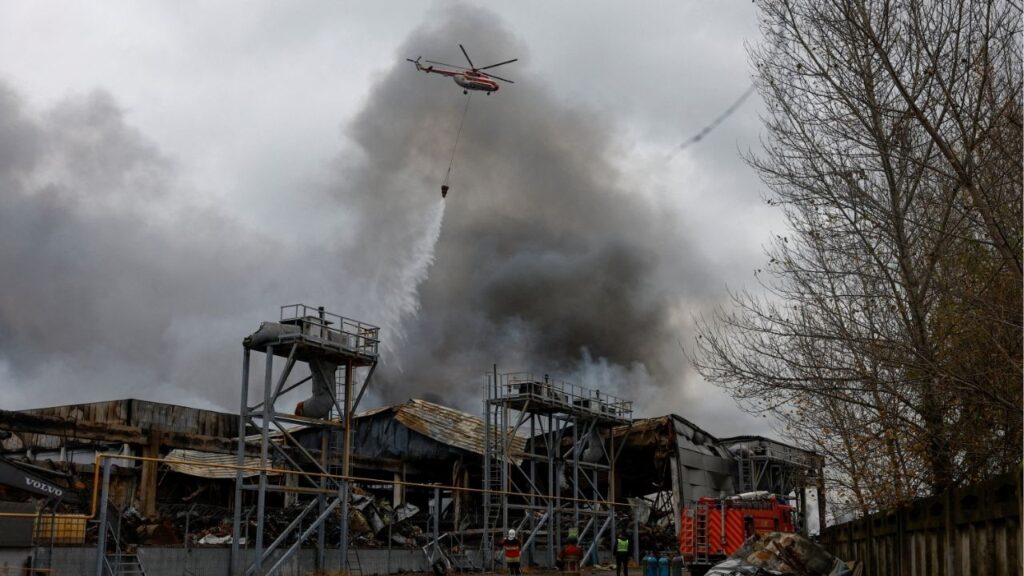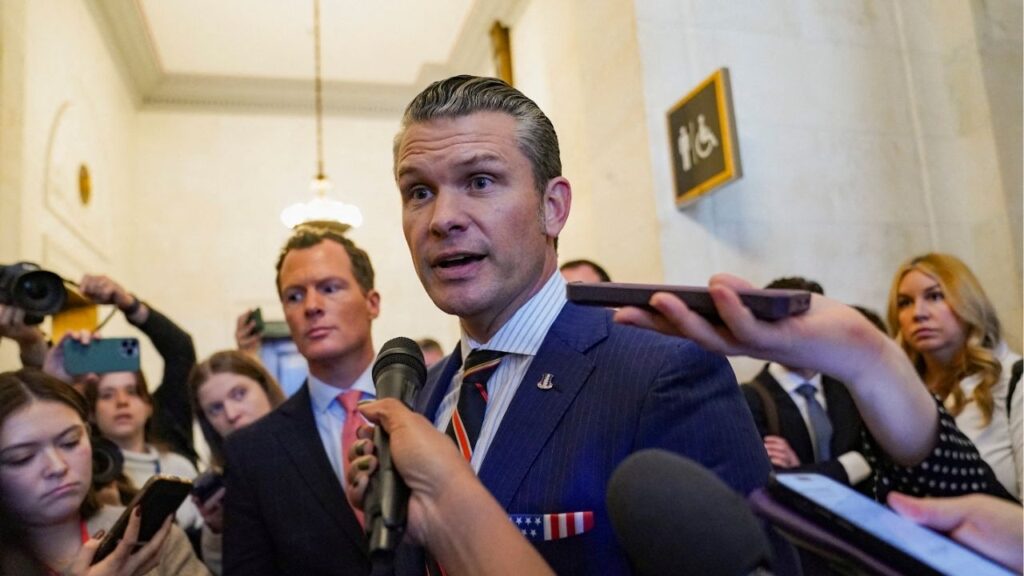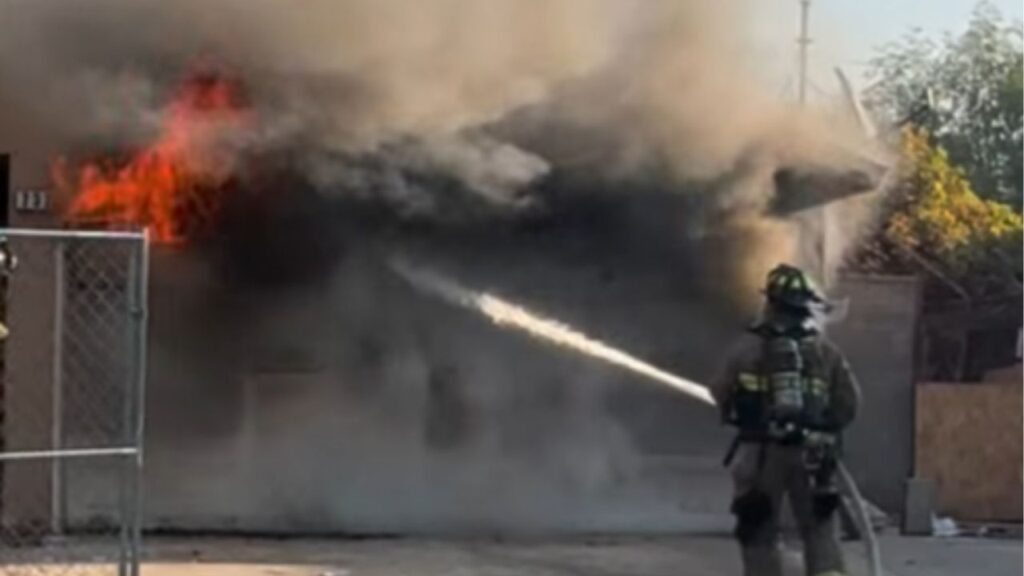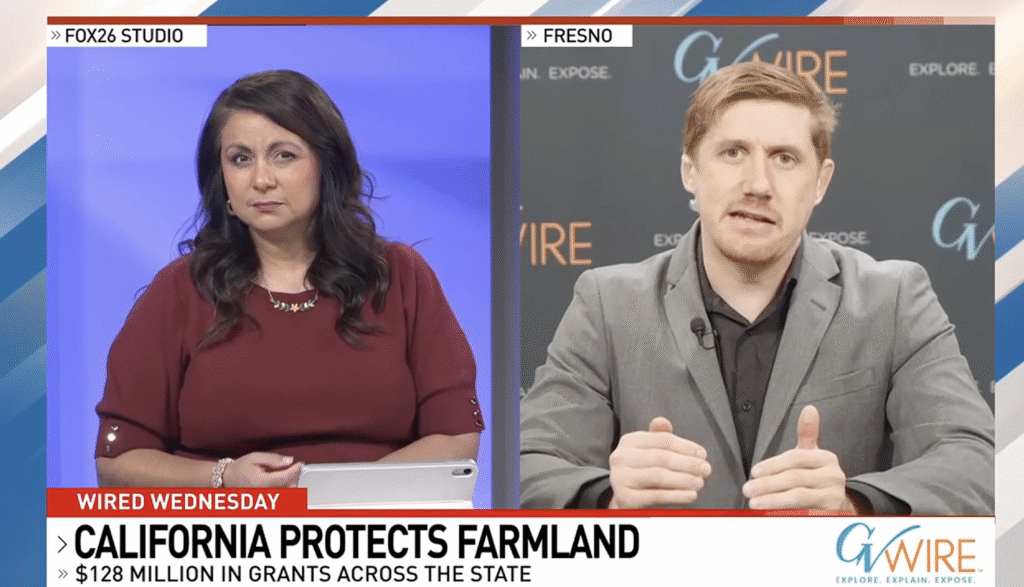Gov. Newsom vetoes bill aimed at strengthening farmworkers' heat illness claims, citing concerns over workers' comp system. (CalMatters/Larry Valenzuela)

- Cal/OSHA faces challenges in enforcing heat safety rules, with fewer inspections and violations issued in recent years.
- United Farm Workers argues the bill would have forced employers to comply with heat rules by tying them to workers' comp liability.
- Newsom cites ongoing efforts to address extreme heat, including new advisory committees and paid sick leave for farmworkers.
Share
|
Getting your Trinity Audio player ready...
|
Gov. Gavin Newsom announced on Saturday he had vetoed a bill to bolster farmworkers’ heat illness claims as they face the increasing dangers of extreme heat.

Jeanne Kuang
CalMatters
The unique proposal would have made it easier for farmworkers to get workers’ compensation when claiming they suffered heat illness on the job. Senate Bill 1299 was pitched by the United Farm Workers, which said it was needed to supplement weakened enforcement of the state’s workplace heat safety rules.
In his veto message, Newsom wrote the enforcement of heat safety rules should be done only by the state’s workplace safety agency, the Division of Occupational Safety and Health (Cal/OSHA) and not be determined by the workers’ compensation system.
Related Story: Valley Lawmakers Get Newsom’s Signature on Green Energy, School Safety, ...
Heat Rules Face Enforcement Challenges
The outdoor heat rules, in place for nearly 20 years, require employers to provide shade, water and rest breaks for outdoor workers and further monitor them for signs of heat illness in high-risk jobs like agriculture and construction. The state this year added similar rules for indoor workers.
But the understaffed Cal/OSHA has in recent years conducted 1,000 fewer heat inspections of worksites a year, and issued hundreds fewer violations, compared to pre-pandemic, CalMatters reported this summer. That’s despite heat waves in California growing longer and more intense.
The United Farm Workers said SB 1299 would have forced employers to comply with the heat rules, by more strictly tying them to liability for workers’ compensation claims. The bill would have required workers’ comp judges to presume farmworkers who claim heat illness developed it at work.
“There is no doubt that climate change is causing an increase in extreme temperatures and that California farmworkers need strong protections from the risk of heat-related illness,” Newsom wrote. “However, the creation of a heat-illness presumption in the workers’ compensation system is not an effective way to accomplish this goal.”
Related Story: Darius Assemi’s Message on Farming Challenges
Debate Over Workers’ Comp Presumptions
Such presumptions are used for other workers; firefighters, for example, have an easier time making workers’ comp claims for cancer because judges can assume they developed it from exposures to hazards on the job. In the case of farmworkers, the bill would have made the presumption apply only if employers can’t prove they were following the heat rules.
The California Chamber of Commerce and insurance carriers opposed the bill, arguing that it would unfairly mix the workers’ comp system with Cal/OSHA, which enforces safety rules. They also warned the bill could saddle employers and insurance companies with unrelated injuries, and said it was unnecessary.
Farm employers said the heat rules are well-known and effective. A study conducted by an insurers’ organization found that less than 1% of California agricultural workers’ comp claims involved heat injuries.
Related Story: FDIC’s Proposed Changes Would Undermine Farms, Businesses, and Nation’s ...
Newsom said his administration was taking extreme heat seriously. He’s signed bills convening a Cal/OSHA advisory committee that began meeting last year to recommend how to study heat-related injuries, he wrote in the veto message, and to allow farmworkers to accrue paid sick leave to avoid working during natural disasters. The agency is also starting a new agricultural unit with Central Valley offices.
In a brief statement, United Farm Workers president Teresa Romero said despite the veto, “the UFW will continue to work to save farm worker lives.”
Newsom in recent years also clashed with the United Farm Workers over a controversial new law making it easier for farmworkers to form unions. After vetoing that bill in 2021 and expressing his opposition again the following year, the powerful organization founded by Cesar Chavez applied considerable political pressure — including marching up the Central Valley to Sacramento and garnering a statement of support from President Joe Biden — to secure Newsom’s signature.
About the Author
Jeanne Kuang is an accountability reporter who covers labor, politics and California’s state government.
About CalMatters
CalMatters is a nonprofit, nonpartisan newsroom committed to explaining California policy and politics.










